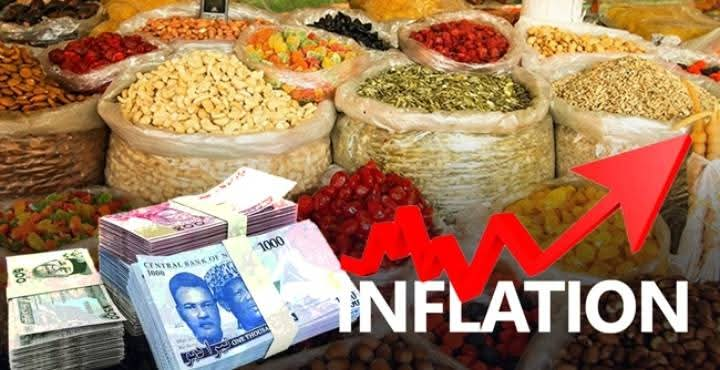Nigeria’s inflation rate has dropped below 20 percent for the first time in three years, signaling a potential turning point for Africa’s largest economy and strengthening the case for another interest-rate reduction by the Central Bank of Nigeria (CBN) at its next Monetary Policy Committee (MPC) meeting.
According to the National Bureau of Statistics (NBS), headline inflation eased to 18 percent in September 2025, down from 20.1 percent in August, representing a 2.1 percentage point decline. The figure also came in below the median market forecast of 19 percent, based on a Bloomberg survey of five economists.
Month-on-month, prices rose by 0.7 percent, while inflation declined by 0.72 percent compared to the previous month. The report noted that food inflation, a key component of Nigeria’s price index, recorded a -1.57 percent month-on-month decrease, reflecting relative stability in food supply and agricultural output across key producing states.
The latest inflation data provides fresh impetus for monetary policy easing after years of aggressive rate hikes aimed at curbing price pressures. Financial experts say the decline suggests that earlier policy measures — including tight monetary controls, exchange rate adjustments, and increased food supply interventions — are beginning to yield results.
Chief Executive Officer of Financial Derivatives Company, Bismark Rewane, in his recent market outlook, projected that Nigeria’s inflation would moderate further to 18 percent by November 2025, citing improved liquidity in the forex market and relative macroeconomic stability.
“This is a critical milestone for the Nigerian economy,” Rewane said. “If the downward trajectory is sustained, it would provide the CBN a valid basis to consider rate cuts in the coming months, which could stimulate lending, investment, and consumer confidence.”
Economists believe the CBN will weigh the implications of the inflation slowdown on growth, exchange rate stability, and fiscal sustainability ahead of its next MPC meeting. A reduction in the benchmark interest rate could lower borrowing costs and encourage credit expansion in key sectors such as manufacturing, agriculture, and housing.
However, experts warn that persistent challenges — including the recent spike in fuel and cooking gas prices, as well as the lingering effects of exchange rate volatility — may still exert upward pressure on prices in the coming months.
“The drop in inflation is encouraging, but the economy remains vulnerable to cost-push factors,” said Dr. Aisha Yusuf, a Lagos-based economist. “Energy costs, logistics inefficiencies, and external shocks could reverse the current trend if not managed carefully.”
For millions of Nigerians, however, the real measure of progress remains the purchasing power of their incomes and the affordability of basic goods. As the nation awaits the next round of economic data, optimism remains cautious — tempered by the realities of a fragile recovery and the unpredictable global economic landscape.



